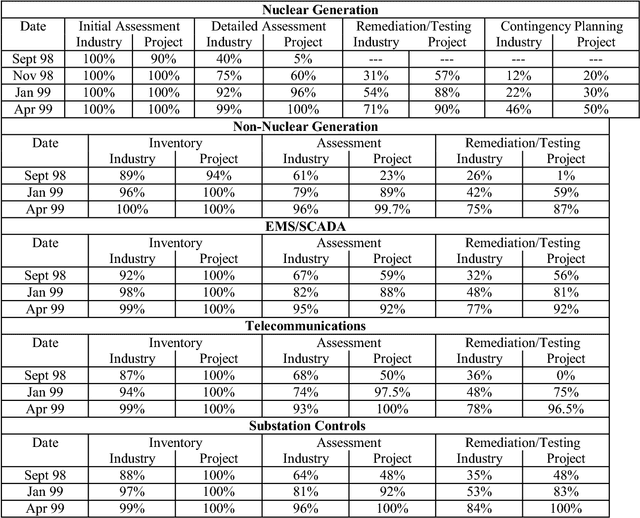Pradorn Sureephong
CMU
Chatbot Application to Support Smart Agriculture in Thailand
Jul 31, 2023Abstract:A chatbot is a software developed to help reply to text or voice conversations automatically and quickly in real time. In the agriculture sector, the existing smart agriculture systems just use data from sensing and internet of things (IoT) technologies that exclude crop cultivation knowledge to support decision-making by farmers. To enhance this, the chatbot application can be an assistant to farmers to provide crop cultivation knowledge. Consequently, we propose the LINE chatbot application as an information and knowledge representation providing crop cultivation recommendations to farmers. It works with smart agriculture and recommendation systems. Our proposed LINE chatbot application consists of five main functions (start/stop menu, main page, drip irri gation page, mist irrigation page, and monitor page). Farmers will receive information for data monitoring to support their decision-making. Moreover, they can control the irrigation system via the LINE chatbot. Furthermore, farmers can ask questions relevant to the crop environment via a chat box. After implementing our proposed chatbot, farmers are very satisfied with the application, scoring a 96% satisfaction score. However, in terms of asking questions via chat box, this LINE chatbot application is a rule-based bot or script bot. Farmers have to type in the correct keywords as prescribed, otherwise they won't get a response from the chatbots. In the future, we will enhance the asking function of our LINE chatbot to be an intelligent bot.
An Ontology-based Knowledge Management System for Industry Clusters
Jun 03, 2008
Abstract:Knowledge-based economy forces companies in the nation to group together as a cluster in order to maintain their competitiveness in the world market. The cluster development relies on two key success factors which are knowledge sharing and collaboration between the actors in the cluster. Thus, our study tries to propose knowledge management system to support knowledge management activities within the cluster. To achieve the objectives of this study, ontology takes a very important role in knowledge management process in various ways; such as building reusable and faster knowledge-bases, better way for representing the knowledge explicitly. However, creating and representing ontology create difficulties to organization due to the ambiguity and unstructured of source of knowledge. Therefore, the objectives of this paper are to propose the methodology to create and represent ontology for the organization development by using knowledge engineering approach. The handicraft cluster in Thailand is used as a case study to illustrate our proposed methodology.
 Add to Chrome
Add to Chrome Add to Firefox
Add to Firefox Add to Edge
Add to Edge